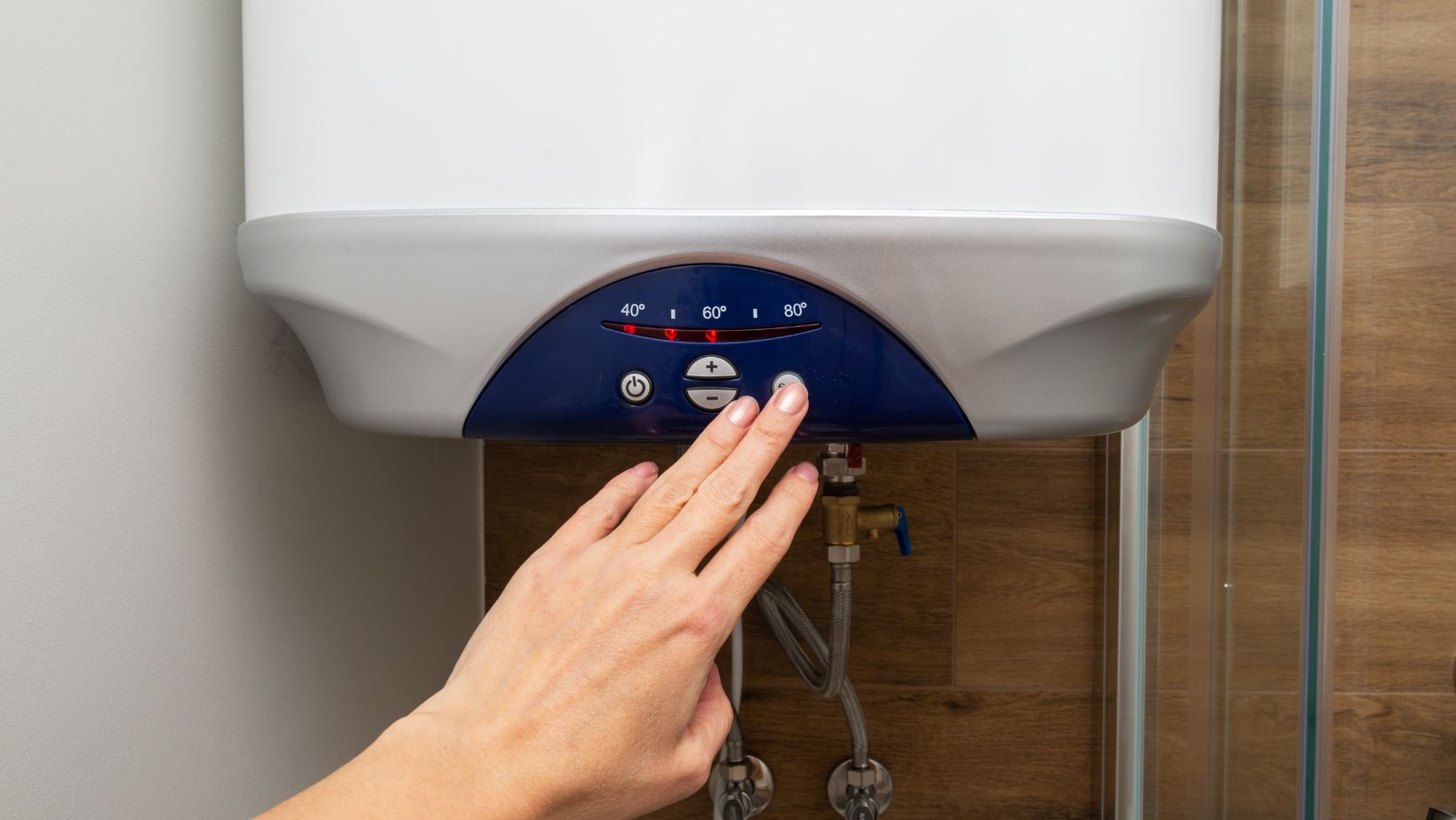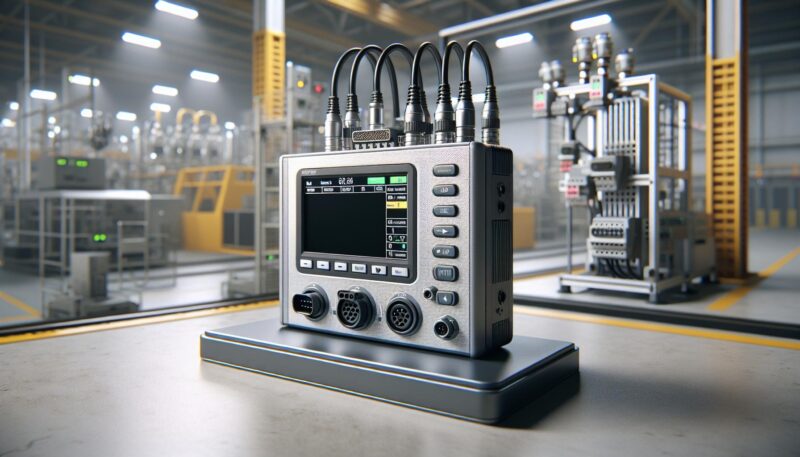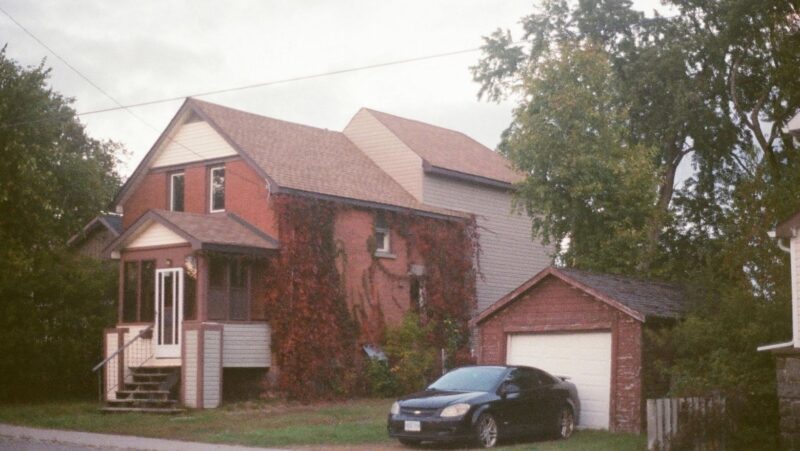
A properly functioning gas hot water system is essential in any household. It provides comfort and convenience for many daily tasks, from bathing to cooking. Yet, like any appliance, gas hot water systems age and show signs of wear and tear. Common problems such as leaks, fluctuating water temperatures, and strange noises can arise as the system deteriorates. Upgrading to a new, energy-efficient model can not only resolve these issues but also offer benefits like reduced energy bills and enhanced performance. This article aims to help readers identify when their gas hot water system needs replacement, ensuring continued efficiency and safety in their homes.
Common Signs Your Gas Hot Water System is Failing
Aging gas hot water systems often exhibit telltale signs of failure. One of these is inconsistent water temperature. If your hot water is fluctuating, delivering scalding bursts one minute and lukewarm dribbles the next, it may suggest internal issues such as a faulty thermostat or sediment build-up affecting the water heater’s performance.
Reduced water pressure can be another cause for concern. If only a trickle of hot water flows from your taps, there might be a problem with valve obstructions, pipe blockages, or mineral deposits constricting water flow.
Strange noises like banging, clanging, or groaning may not just be an annoyance but a sign that something’s amiss inside your tank. Sediment collecting at the bottom, or metal components expanding and contracting, could create these unsettling sounds.

The age of your system is also a critical factor. Most gas hot water systems have a lifespan of about 8 to 12 years. If your system is approaching or exceeding this range, it might be wise to consider a replacement.
Impact on Energy Bills and Efficiency
An inefficient hot water system can negatively impact your energy bills. Rising energy costs often signal that your system is working harder than it should to heat water, which can indicate inefficiency or obsolescence.
Further, reduced efficiency is another red flag. Tell-tale indicators like longer heating times or less hot water available than usual suggest that your system isn’t operating at peak performance.
From an environmental perspective, outdated systems tend to be less eco-friendly, using more gas to heat water and thus increasing your carbon footprint. Switching to a more modern, eco-friendly model can help mitigate this impact.
Finally, conducting a cost-benefit analysis is essential. While repairs might seem a more immediate and less costly solution, repeated fixes can add up. Consider the long-term savings of a new system, which could outweigh the initial investment in replacement.
Physical Inspection and Professional Assessment
Regular physical inspections can reveal critical issues before they escalate. Checking for leaks is a good start. Common places to look include around the tank’s base or where the pipes connect. However, issues with drainage, especially related to the system’s venting and water flow, may also arise. Homeowners may encounter common problems with instant gas hot water systems, such as improper drainage, leading to water buildup or inconsistent performance. It’s important to address these drainage concerns early to avoid larger complications.
Rust and corrosion, evident through noticeable orange or brown patches on the tank’s surface, can signify a failing tank. Once rust sets in, it’s usually only a matter of time before leaks develop.

Professional inspections by licensed plumbers offer peace of mind. An expert can provide a thorough assessment, identify smaller issues before they become significant, and offer recommendations based on the system’s condition.
Health and Safety Concerns
Gas leaks pose a significant danger, both in terms of health and potential explosions. As such, it’s crucial to be aware of the signs of gas leaks, which include a distinct rotten egg smell, hissing sounds near the unit, or a rise in gas bills without a clear increase in usage.
Water quality can also differentiate a well-functioning system from a failing one. Rusty or discoloured water flowing from your taps might indicate system failure, potentially caused by rust inside the tank.
Moreover, there’s an ever-present risk of carbon monoxide leaks. It’s vital to ensure that your gas hot water system is properly vented and regularly serviced to prevent such hazards.
Ensuring that your hot water system meets current safety regulations is non-negotiable. Adherence to these standards not only safeguards your family but also protects your investment.
Choosing a New Gas Hot Water System
Modern gas hot water systems come packed with features that offer improved performance. Advanced technology, such as digital displays and programmable timers, enhances user experience and system functionality.
Understanding energy efficiency ratings is also crucial. Comparing these labels can help determine the most efficient system that suits your needs, reducing energy consumption and saving money in the long run.
Cost considerations are integral to the decision-making process. While a new system has initial costs, the long-term savings from an energy-efficient model often outweigh these expenses.
Lastly, the installation process should be painless if well-planned. Working with qualified professionals ensures a smooth transition, minimizing disruptions to your household.
Conclusion
Identifying an underperforming gas hot water system involves looking for several signs, including inconsistent temperatures, reduced pressure, and strange noises. These are often precursors to rising energy bills and decreased system efficiency. Regular inspections can pre-empt these issues while acknowledging health and safety concerns like gas leaks areparamount. Transitioning to a new gas hot water system offers multiple benefits: modern features, energy savings, and enhanced safety. Readers noticing any warning signs should consult with a professional plumber to explore their options. By staying vigilant, you’ll ensure your home remains energy-efficient, cost-effective, and, above all, safe.



